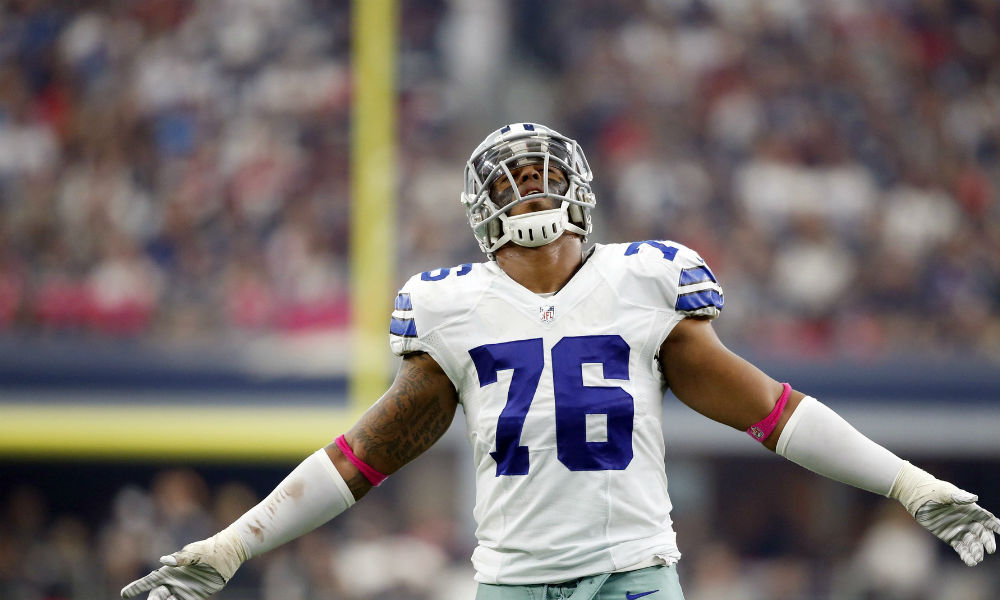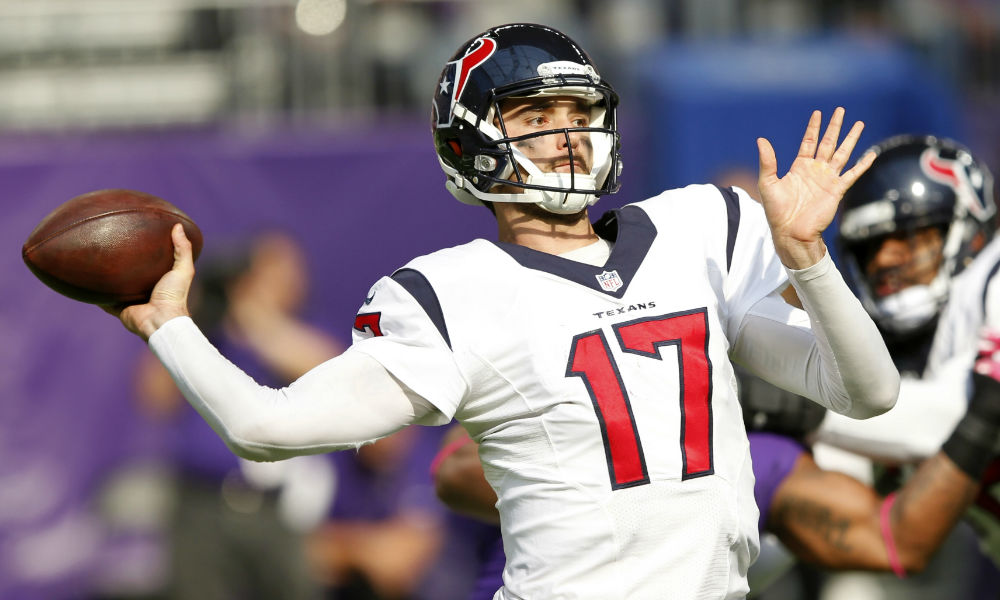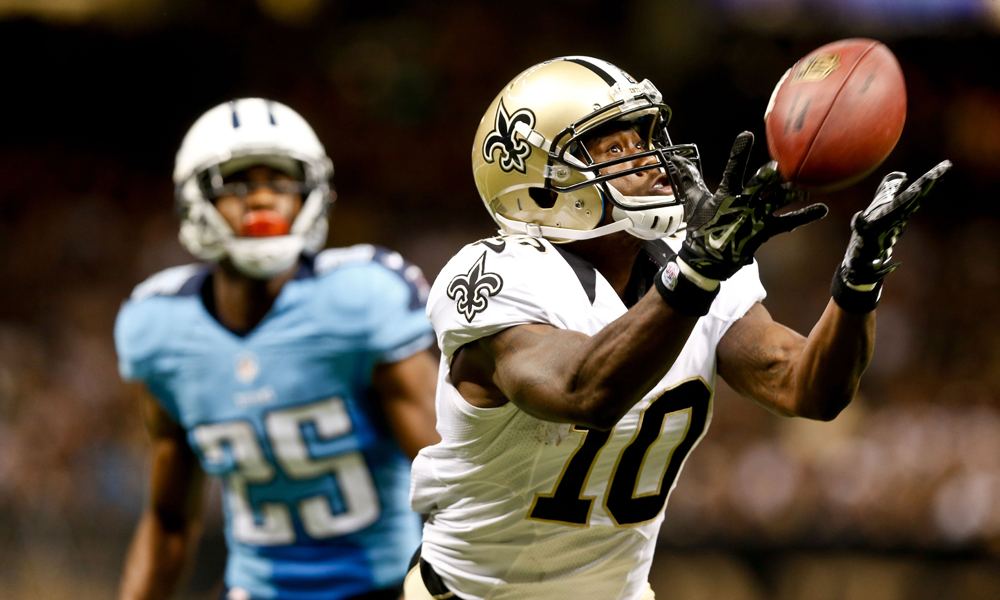News
Players approve new drug policy
The NFL Players Association on Friday approved a new drug policy. Among the revisions are changes that include the implementation of testing for human growth hormone and an alteration of the marijuana policy.
“This is an historic moment for our players and our league,” said NFLPA President Eric Winston. “We have collectively bargained drug policies that will keep the game clean and safe, but also provide our players with an unprecedented level of fairness and transparency. Players should be proud of their union for standing up for what was best for the game.”
The 32 NFL player representatives voted unanimously for the changes. Now, the league and the union must finalize the full policies and are expected to do so as soon as possible.
“The Board of Player Representatives gave the NFLPA authority to complete new drug policies with the League consistent with detailed term sheets the players reviewed,” the NFLPA said in a statement Saturday. “We hope to have final agreements, including effective date for players with adjusted discipline, very soon.”
Suspended players including Cleveland Browns wide receiver Josh Gordon and Denver Broncos wide receiver Wes Welker are expected to see their suspensions reduced or halted when the new regulations are implemented. Dallas Cowboys cornerback Orlando Scandrick is expected to play Sunday at Tennessee if the agreement is finalized.
Gordon’s year-long suspension will be reduced to 10 games.
Welker is expected to be activated and be available to play when the Broncos play the Chiefs on Sunday provided he is medically cleared. Welker was diagnosed with a concussion Aug. 24, his third such documented head injury in 10 months.
The NFLPA highlighted drug policy changes include raised standards for a positive marijuana test, a revised system for dealing with players who test positive for marijuana for the first time, neutral arbitration on all drug-policy appeals, plus positive offseason amphetamine tests being treated under rules governing “drugs of abuse” rather than those regarding performance-enhancing drugs, which is the case in-season.
Under terms of the new policy, the first violation of the substance policy is subject to a two-week fine. The second violation results in a four-week fine while a third violation would result in a four-game suspension. A player with four violations will receive a 10-game ban.
In addition, the NFLPA would accept blood testing for HGH, though it still could challenge the validity of a test on appeal.
The NFL’s marijuana test contains a threshold for a positive test much more sensitive than the level used by the International Olympic Committee.
A newly established threshold for a positive test for marijuana will increase to 35 ng/ml from the previous limit of 15 ng/ml.
The NFL and NFLPA agreed to the mutual right for each side to retain independent investigators for review of cases in which player confidentiality has been breached relative to drug offenses. Several noteworthy cases of players supposed to be protected by league confidentiality bylaws, including former Buccaneers quarterback Josh Freeman and onetime Titans and Broncos running back LenDale White, caused players to push for this clause.
Employees of the league and teams, including coaches, players and club personnel, as well as certified agents and policy administrators could face fines up to $500,000 and/or termination or other discipline should they be found guilty of confidentiality violations.
Welker was reportedly back in Denver this week anticipating he will be cleared for Sunday’s game against the Chiefs.
News
Buccaneers admit mistake, boot Aguayo
Source: Mike Florio of ProFootballTalk
Powered by WPeMatico
News
Did Bucs put too much pressure on Aguayo?
Source: Mike Florio of ProFootballTalk
Powered by WPeMatico
News
Broncos holding their breath on Derek Wolfe
Source: Mike Florio of ProFootballTalk
Powered by WPeMatico




